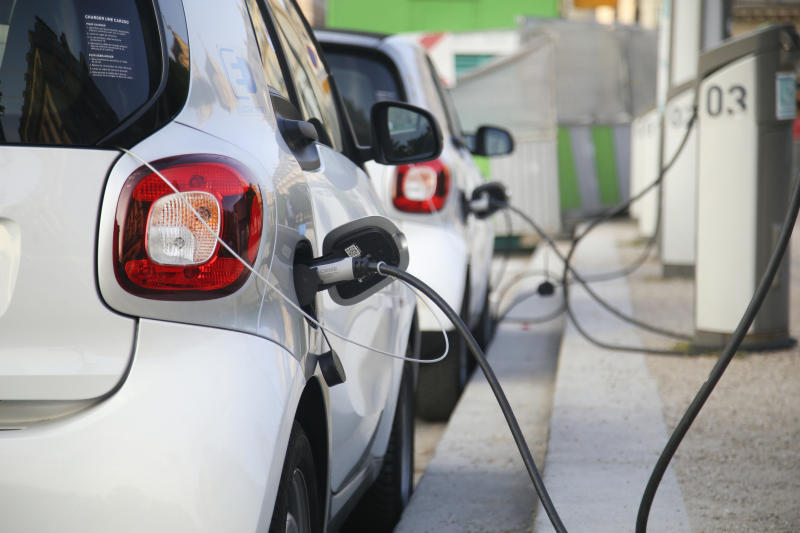Smart electric car charging at a power station. [Courtesy]
×
The Standard e-Paper
Home To Bold Columnists

Smart electric car charging at a power station. [Courtesy]
Africa’s future is in renewables because clean energy is the only way out of its climate, energy, and development crisis.